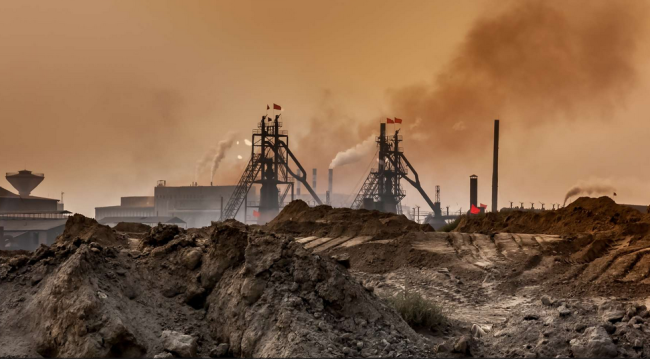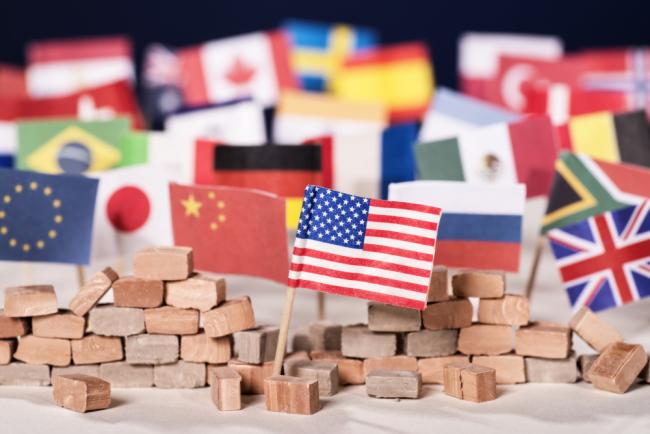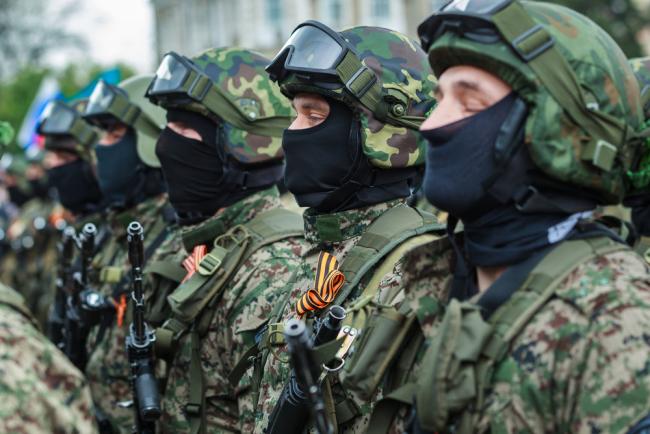3346 publications
The Energy Transition and the Challenge of Critical Raw Materials
The geopolitical analyses of energy markets are traditionally focused on fossil fuels, and less on renewable energy sources.
A Brave New World for Trade
The global environment for trade is undergoing significant changes. New emerging players such as China are aiming to adapt the rules and institutions inherited from the postwar Bretton Woods system.
Russian Spetsnaz, Contractors and Volunteers in the Syrian Conflict
This article focuses on a little-explored aspect of Russia’s intervention in Syria: the new and diverse expeditionary forces engaged on the Syrian frontlines alongside Russian regular armed forces.
What Is a Good Security Sector Reform?
For about 20 years, security sector reform (SSR) has emerged as an essential tool for crisis recovery and reconstructing weak and failed states at the heart of the security-development continuum. It is time to take stock of the lessons learnt about SSR and to offer an analysis of good practices and the lessons learned from these experiences.
Entry Operations and the Future of Strategic Autonomy
The ability to penetrate remote and contested theaters of operation is a crucial asset for any expeditionary military power.
Is South Africa at Risk? A Political Economy Analysis
The President, Jacob Zuma, replaced his respected Minister of Finance, Pravin Gordhan, on the 30th March 2017. It was the second attempt in two years (this time successful) to put an official in this key position who is "acquiescent" to the president's projects.
Decarbonizing Germany’s Power Sector: Ending Coal with a Carbon Floor Price?
Germany has a long tradition of climate policy programmes with ambitious greenhouse gas emission reduction targets and comprehensive climate and energy policy packages.
This target-driven policy approach is, however, increasingly facing challenges due to the lack of progress on greenhouse gas emission reductions in key sectors, i.e. the power, the transport and the building sector.
Chinese Investment in Europe. A Country-Level Approach
Chinese investments in Europe have surged in recent years, becoming both a source of hope and growing concern across the continent.














